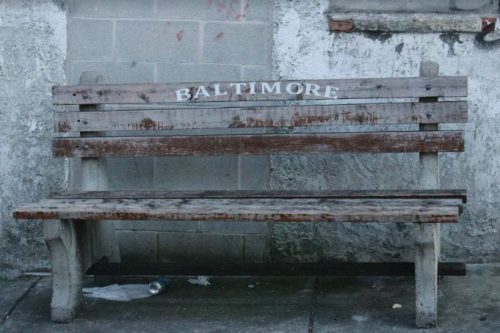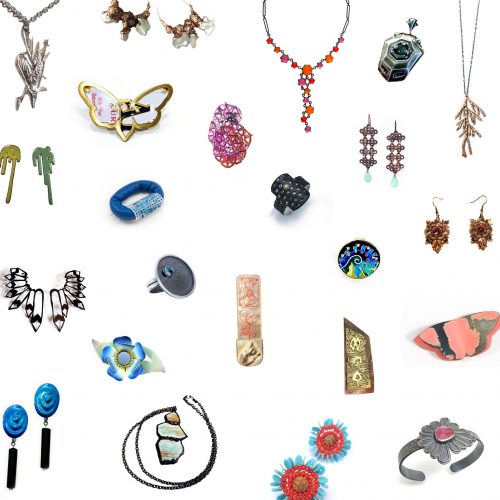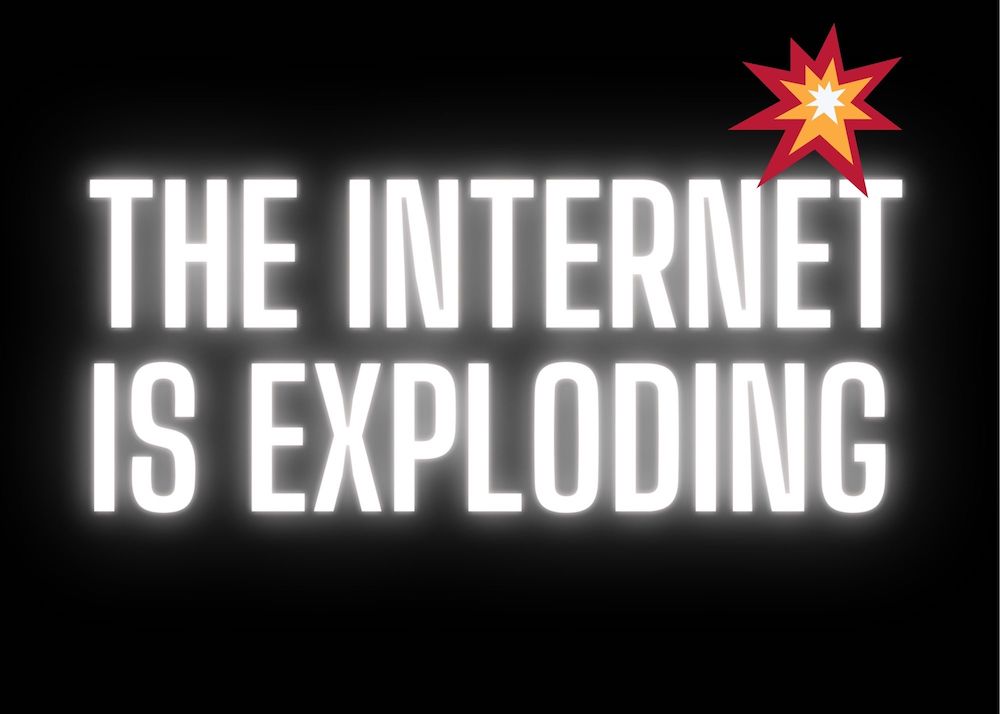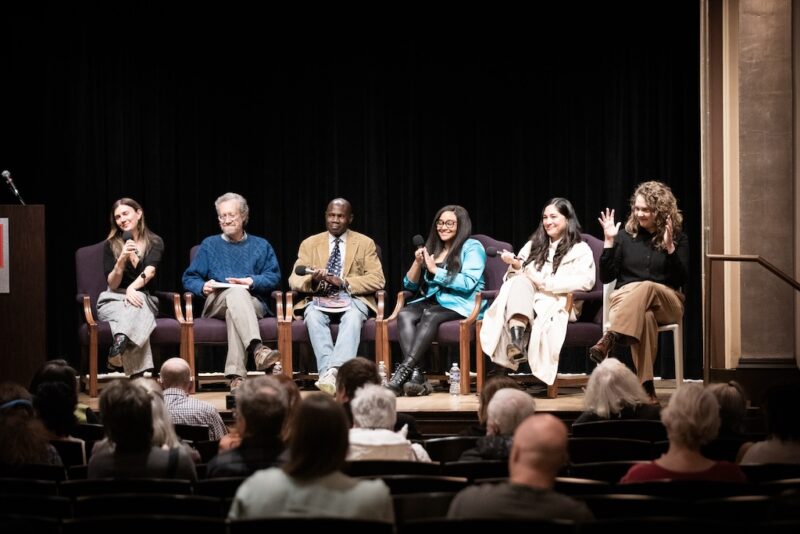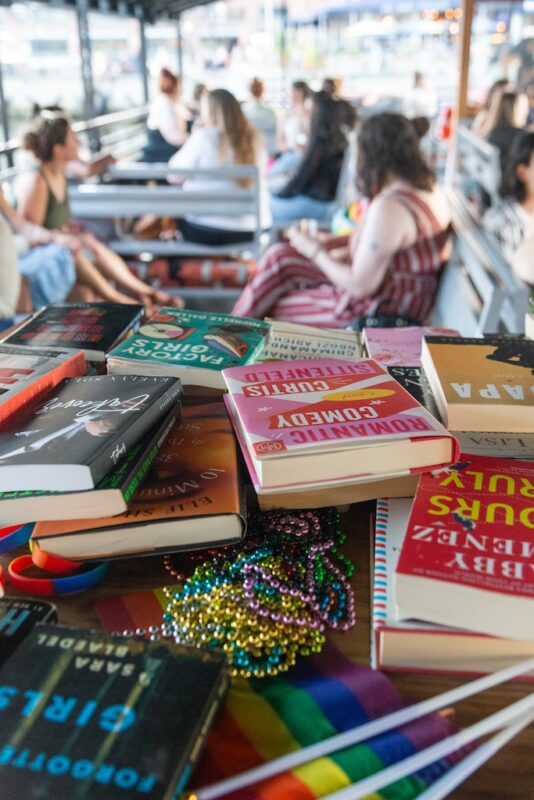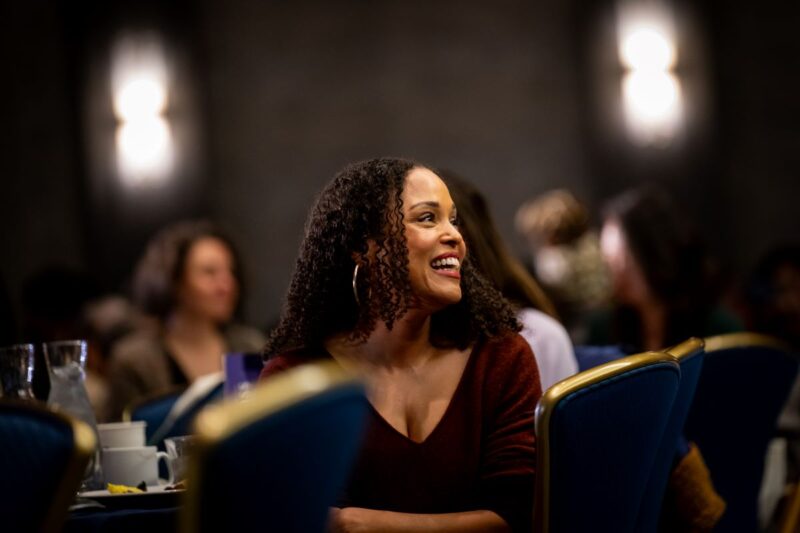1. The Atlantic: The Elephant Who Could be a Person
This was one of the most engaging stories I’ve read in a long time. Over the past few weeks, I’ve found myself reading more and more stories about animals and conservation. Happy, an elephant, “was born in Thailand during the Vietnam War. Very soon after that, a tousle-haired baby, she became trapped in human history. She was captured, locked in a cage, trucked to the coast, and loaded onto a roaring 747 that soared across the Pacific until it made landfall in the United States.” Happy moved around the US until, in 1977, she was moved to the Bronx Zoo where she has lived ever since.
In 2022, “the New York Court of Appeals will hear oral arguments regarding a petition of habeas corpus that alleges that Happy’s detention is unlawful because, under U.S. law, she is a person. She is also an elephant.” This case has major consequences, and “in an age of mass extinction and climate catastrophe, the questions it raises, about the relationship between humans, animals, and the natural world, concern the future of life on Earth, questions that much existing law is catastrophically ill-equipped to address.”
